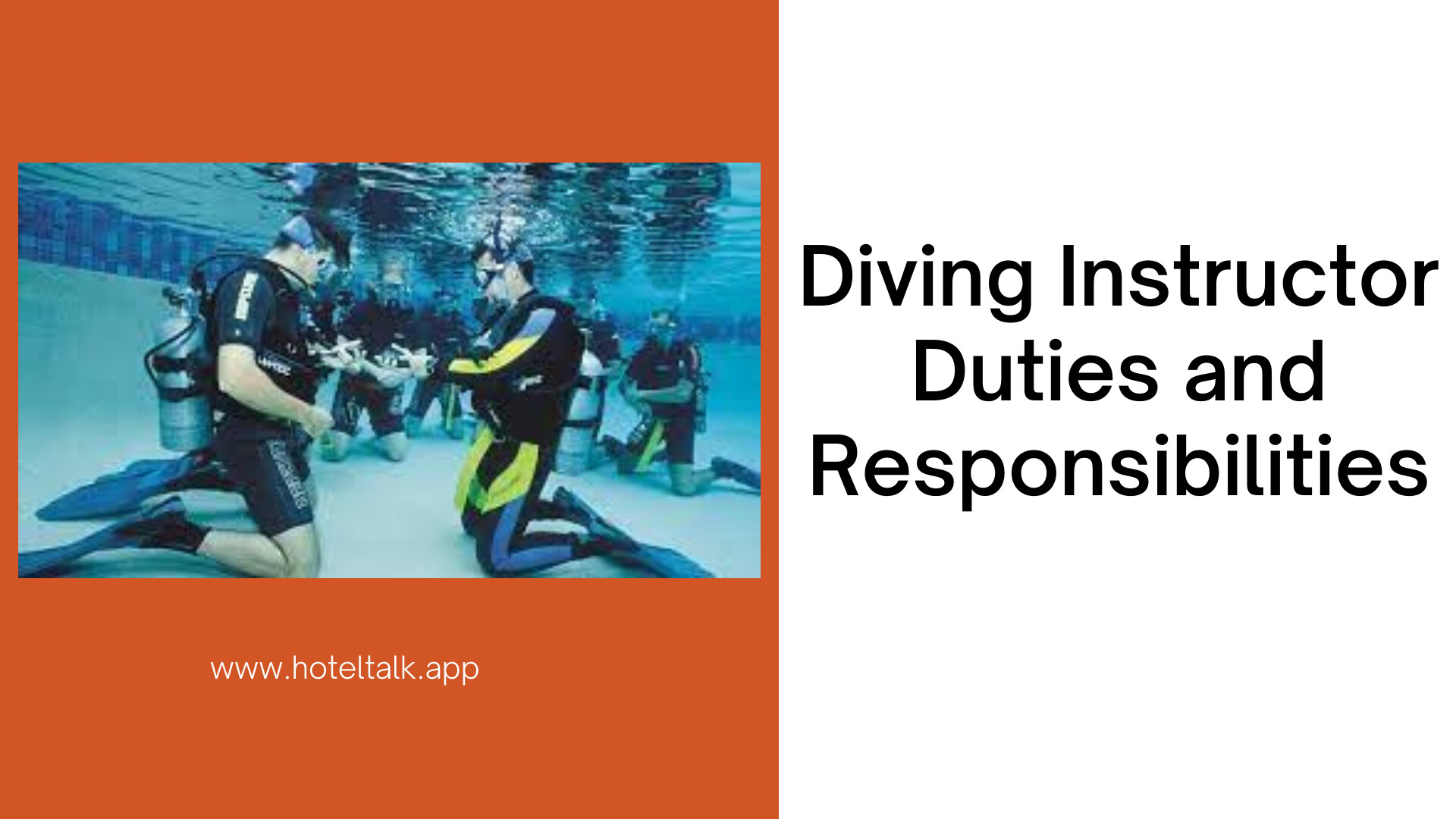Duties: Teaches vacationers the fundamentals of scuba diving and leads them on underwater excursions
Alternate Title(s): Scuba Guide; Scuba Instructor; Scuba Teacher; Dive Leader
Salary Range: Between $1,000 and $3,000 per month or $18,000 to $30,000 per year and up
Employment Prospects: Excellent
Advancement Prospects: Good
Best Geographical Location(s): Coastal locations throughout the world, including the Caribbean, Australia, Thailand, and many more
Prerequisites:
Education and Training —- training and certification as a diver
Experience — Prior documented diving experience
Special Skills and Personality Traits — Technical diving skills; outgoing personality; ability to stay calm under pressure; professionalism; interest in working with people and teaching; ability to meet the physical demands of working outdoors and underwater
Special Requirements — Instructor certification is required; the Professional Association of Dive Instructors (PADI) and the National Association of Underwater Instructors (NAUI) certify Diving Instructors, as do other organizations
CAREER LADDER
Owner, Diving Company or Dive Shop
↓
Diving Instructor
↓
Divemaster
Position Description
If you have a passion for scuba diving, exploring the world, working with people, and being outdoors in the water, then work as a Diving Instructor can be a dream come true. You can get paid for pursuing something you love, sharing your interest with other people and teaching them about how to experience the wonders of the ocean.
Diving Instructors both instruct people in order for them to become certified divers as well as lead certified divers out on dives. In order to learn to dive, one must complete a certification course that teaches the fundamentals of diving. The courses may be condensed into several days at a resort or cruise, or be completed part-time over several weeks. Diving Instructors teach this “open water” course to groups ranging in age from 15 and above (children 10 to 15 years old may complete a junior open water course). They instruct the fundamentals of diving in several components.
First, Diving Instructors teach their students the basics of diving to be learned through gathering knowledge. This session may take place in a classroom and require reading a manual and watching videos. Here, students learn about techniques, safety, equipment, and more, and they must pass a written test to move onto the next level. Next, Diving Instructors teach their students in confined waters such as a swimming pool. In this setting, they impart the basic skills and students master techniques before graduating to the final step, open water training. Diving Instructors finally take their students to open water to apply what they have learned. Once the students pass the final test, they will be able to be independent divers throughout their lives.
In addition to teaching these courses, Diving Instructors lead divers on excursions. They may work for cruise ships or resorts such as Club Med, or they may work for independent dive shops that contract with hotels and resorts or develop their own client base. Diving Instructors plan and organize these dives, deciding where to go, how long to stay out, and how deep to dive.
These groups can range in size from five or six to 20 or more. They may dive off a beach or go out by boat. Before leading a dive, Diving Instructors ensure that every diver is paired with a buddy. They also provide an orientation about using the equipment and a safety review. Additionally, they let patrons know about what they can expect to see on the dive—exotic fish, interesting shipwrecks, colorful coral, and more. Once they are down below, they communicate with their group via hand signals and watch out at all times to make sure everyone is safe.
Additional duties may include:
- driving boats
- cleaning supplies
- working part-time in a dive shop
- talking with clients
- refilling oxygen tanks
- completing paperwork
- selling dive trips and lesson packages
Diving Instructors have great responsibility. Unlike most other positions in the hospitality industry, this is one where people’s lives are in your hands. Diving Instructors need a combination of maturity and technical acuity to handle the work. There is huge liability in the field, and while the employer typically carries the liability and insurance, there is still a lot of pressure.
Diving Instructors spend about 75 percent of their time in the water. While most images of Diving Instructors are in beautiful tropical climates and warm waters, Diving Instructors also work in Alaska, Canada, and all over the world in some freezing conditions. Wet suits help protect them, but they must be able to withstand the physical demands of the job. However, this is job that people do purely because they love it, and most Diving Instructors find that it doesn’t feel like work. They feel the exhilaration not only of diving themselves, but also of teaching others how to experience the underwater world.
